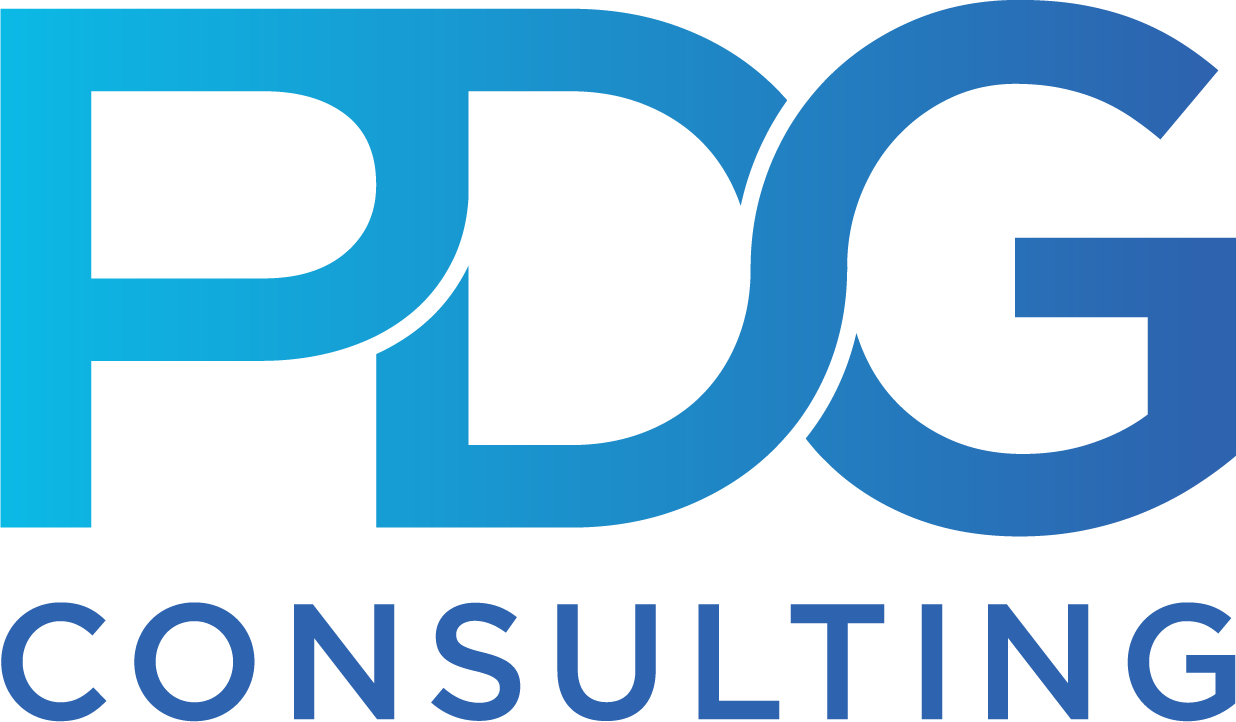Net Positive: Why Moving from Quickbooks to NetSuite Makes Sense for IPOs

Initial public offerings (IPOs) raised more than $146 billion in capital this year. While this number is down from previous years thanks to evolving valuation volatility and supply chain challenges, more favorable conditions forecast for 2023 should see this market rebound.
For companies now in the process of preparing for their IPO, this valuation variability offers the perfect chance to assess current operations, identify potential gaps, and put the right tools in place to ensure investor confidence.
This starts with an assessment of existing financial reporting and data collection processes. Can current tools, such as SMB financial frontrunner Quickbooks, meet the expectations of public investors and satisfy regulatory obligations? Or are companies better served by more robust offerings such as Oracle’s NetSuite?
Here’s why making the move to NetSuite may be a net positive for IPO operations.
What's in an IPO?
An IPO represents one of the biggest transitions a company can make.
Pre-IPO, company growth is often driven by owners’ friends and families, along with a small number of shareholders and venture capitalists. IPOs represent the next stage of corporate growth by offering access to a massive funding market: Public investors.
But the process of moving from private to public requires more than a press release and a stock price — businesses must ensure that their financial data processes are capable of handling increased scrutiny and delivering accurate information on demand.
Here’s why: Once companies become private, they’re obligated to meet strict SEC regulations around financial reporting and transparency. What’s more, they also have legal obligations toward shareholders. For example, shareholders have the right to inspect company books and records, vote on key corporate matters, and sue the corporation for misdeeds (financial or otherwise) committed by directors or officers.
As a result, companies must have complete and comprehensive financial data collection and reporting processes in place — before IPOs occur.
Where Quickbooks Comes Up Short
With more than 26 million business customers across the United States, Quickbooks accounts for 80% of the small business accounting software market share.
The caveat? While it’s a great tool for companies just getting started or SMBs with relatively straightforward finances, it comes up short for IPO initiatives in several key areas:
Limited data integration
Quickbooks can help SMBs make the most of their financial reporting but offers limited data integration at scale. Consider its primary reporting field: Class. Companies choose a single class to generate financial reports — for example, a technology firm might create a class that tracks technology sales over time. The problem? If the company also produces some of its own technology and operates in multiple states, additional classes for manufacturing along with region-specific sales data classes would be useful to create a bigger process picture. With Quickbooks, however, this isn’t possible, in turn limiting the amount of information available.
Performance consistency
Quickbooks is designed for small business operations. As the volume and variety of financial data grow, however, the solution struggles to keep up. Put simply, the tool wasn’t designed with scale in mind. As data volumes and complexity grow, Quickbooks performance begins to suffer. And with potential investors looking for up-to-date financial information, this poses a problem.
Regulatory compliance
Finally, Quickbooks is a roadblock to regulatory compliance. Why? Because the nature of the tool makes it possible for users to change historic finance data. While this isn’t a huge problem for private companies, the visibility and transparency required by the SEC for initial public offerings mean that Quickbooks data isn’t considered reliable. As a result, the solution isn’t compliant with key audit procedures.
How NetSuite can Help Streamline IPO Processes
For companies on the path to an IPO, Oracle’s NetSuite offers advantages to help streamline the process and boost stakeholder confidence. They include:
Legal controls
Embedded controls help keep companies compliant with comprehensive audit trails. This ensures that when SEC auditors or key stakeholders request financial data, they can be confident that this information is verified, accurate, and complete. Unlike in Quickbooks, information cannot be changed after the fact.
Regulatory rigor
NetSuite also makes it possible to easily track multiple financial classes across geographic locations. This means that if companies have legal entities operating in more than one state that are producing or selling more than one product type, key aspects of this data can be tracked both individually and as part of a larger group to offer complete visibility.
Shareholder transparency
When companies opt for an IPO thanks to strong growth, part of the process comes down to convincing potential shareholders why the business is a safe and sound investment. Accomplishing this goal requires transparency: Stakeholders must be able to easily access key financial data and be confident in its accuracy.
As a full-service ERP solution, NetSuite makes it possible for businesses to provide not just financial data but also the critical context around that financial data to help build a case for public investment.
Risk reporting
All IPOs come with a measure of risk. If stock prices are set too high (or too low), or if IPO efforts don’t satisfy regulatory requirements, the result could be a business setback of months or years. Equipped with NetSuite’s in-depth reporting tools, however, companies can better asses current risk and measure current achievements to determine the best course of action and balance risk with reward.
Making the Move with PDG Consulting
Of course, it’s one thing to recognize the benefits of NetSuite in moving IPOs forward — it’s another to actually implement this solution at scale.
As a licensed Oracle NetSuite partner, PDG Consulting can walk companies through the sales process, help them implement NetSuite across their organization, and provide follow-on service for future growth. And that’s just the beginning. From business intelligence (BI) solutions to custom application development to B2B platform implementation, PDG can help companies make the most of their technology stack and make the most of their IPO.
Preparing for an IPO? See how PDG Consulting can help. Book a meeting today.
Latest
Liberty Hill and PDG: Visualizing Justice through Data
March 1, 2023
See how PDG's custom data visualization platform is helping Liberty Hill pinpoint the data needed to tell this story and fuel campaigns that aim to end the practice of arresting and incarcerating youth and putting in its place investments in youth development in our newest Customer Success Story.
Proof of Concept: Facilitating the Future of M&E Enterprises in the Cloud
Media & Entertainment,Technology,OTT
February 27, 2023
For media and entertainment (M&E) enterprises, moving to the cloud offers many benefits in future-proofing their frameworks. Learn more from our software engineers about how to properly facilitate best practices for cloud computing in today's article.
Is Blockchain the next GPT?
January 30, 2023
Curious to know if Blockchain technologies is displaying all the signs of becoming the next GPT? Our Founding Partner at PDG, Brennan Binford, discuses the concept of Blockchain and what you should expect in the future of General Purpose Technology.
by Brennan Binford - PDG Consulting



